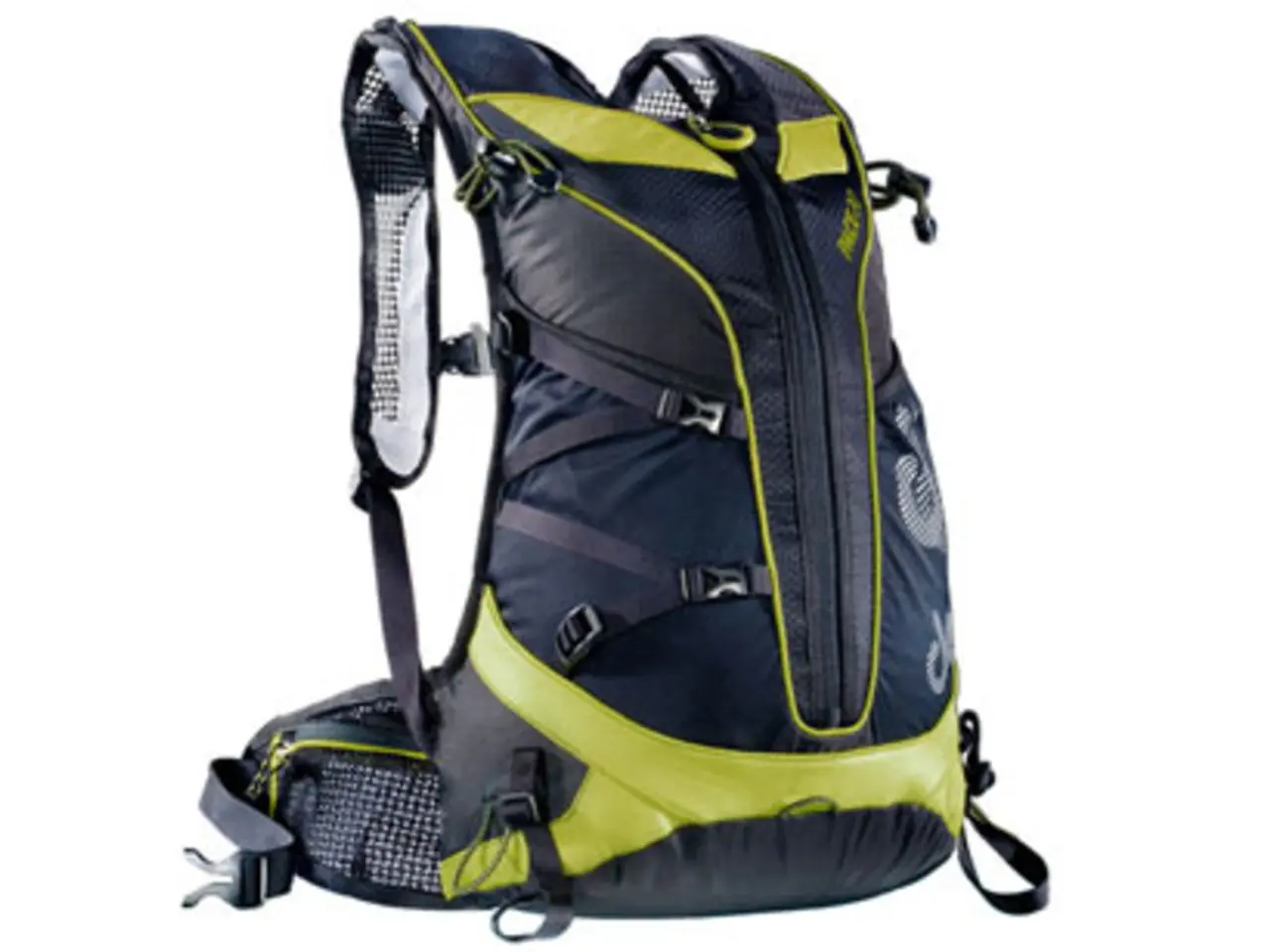Europe Experiencing Heatwave: Essential Travel Tips for Every Bystander
Staying Safe During Europe's Heatwave: Essential Tips for Travelers
As Europe grapples with a severe heatwave, travelers planning a trip to popular destinations such as France, Spain, Portugal, Italy, Greece, and Morocco need to take precautions to ensure a safe and enjoyable journey.
Check Government and Local Resources
Before and during your trip, it's crucial to consult government and local resources for updates on heat alerts, closures, and cooling centers. Many European government websites are posting updated information about heat, closures, and local cooling resources available. If you're visiting wildfire-prone or heat-affected areas such as Greece or Türkiye, consider registering for emergency alerts.
Monitor Weather Forecasts
Keep a close eye on weather forecasts daily and be ready to change plans, prioritizing indoor or shaded activities during the hottest parts of the day. With a strong high-pressure system trapping dry air from northern Africa, above-average temperatures are expected to persist in Western Europe, Central Asia, and North Africa.
Book Accommodations with Verified Air Conditioning
To ensure a safe and cool place to rest, book accommodations with working air conditioning. The Eiffel Tower's summit was closed due to the heat in early July, and Italy experienced a blackout because of a surge in electricity use to power cooling devices like air conditioners.
Bring Essential Supplies
Pack essential supplies such as water bottles, cooling towels, personal fans, and any necessary medications. Wear light-colored, breathable, lightweight, and loose clothes, and consider a wide-brimmed breathable hat.
Avoid Outdoor Exertion
Avoid outdoor activities during peak heat hours, especially older travelers or those with health conditions. Be alert for signs of heat exhaustion, such as heavy sweating, cold, pale, and clammy skin, fast and weak pulse, nausea, vomiting, muscle cramps, tiredness or weakness, dizziness, headache, and passing out.
Carry Travel Insurance
Consider purchasing travel insurance that covers heat-related illnesses. Travel insurance can help you get your money back if a trip is cancelled or rescheduled due to the current heatwave or wildfires in Europe.
Avoid Exertion and Follow Local Advice on Wildfire Risks
If visiting areas with wildfire risks, follow local advice on precautions and evacuation procedures. Avoid exertion, especially if older or with health issues.
Know How to Call for Medical Help in Foreign Countries
Learn how to call for medical help in foreign countries. In case of heat stroke, a medical emergency, call for emergency medical help right away and move the affected person to a cooler place with fans, misting, or wet cloths. They should not be given anything to drink.
Heat stroke is characterized by a body temperature of 104 degrees or higher, fast, strong pulse, skin that's hot, red, dry or damp, headache or dizziness, nausea, confusion, and passing out. If someone experiences heat stroke, call for emergency medical help right away and move them to a cooler place with fans, misting, or wet cloths. They should not be given anything to drink.
If someone is experiencing heat exhaustion, move them to a cool place, loosen tight clothing, and slowly sip water. Cool their body with fans, misting, wet cloths, or a cool bath. If symptoms worsen, last more than one hour, or the person becomes confused, they'll need immediate medical help.
With strategic planning, it's possible to enjoy a European trip while staying safe in the heat. Remember, heatwaves are becoming more common due to climate change, so it's essential to stay informed and take precautions to ensure a safe and enjoyable journey.
[1] World Meteorological Organization report [2] European Centre for Disease Prevention and Control guidelines [3] European Union's Copernicus Atmosphere Monitoring Service [5] Travel insurance policies from various providers
- In addition to staying updated on weather forecasts and governmental advisories for heat alerts and wildfire risks, it's beneficial to delve into environmental-science studies to better understand the effects of climate-change on Europe's heatwaves.
- To maintain a healthy lifestyle during travel, pack essential health-and-wellness items such as water bottles, cooling towels, and personal fans, and consult local resources for measures to combat the effects of the heatwave.
- While planning the itinerary for your trip, consider incorporating sightseeing activities that promote eco-tourism, contributing positively to the environment and upholding the principle of a sustainable lifestyle.






